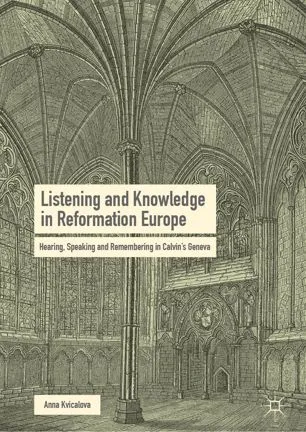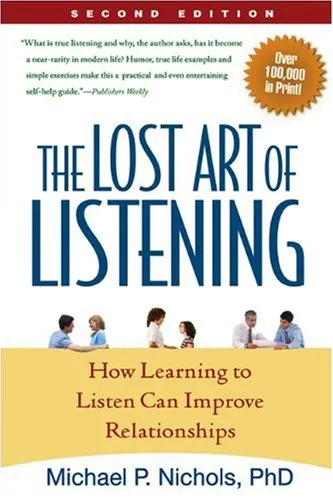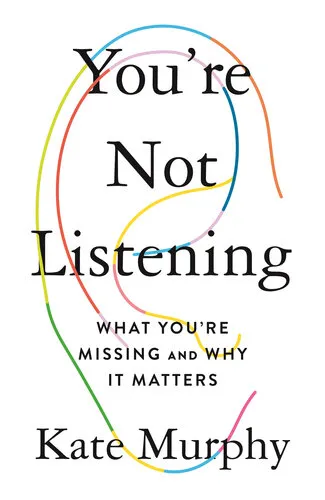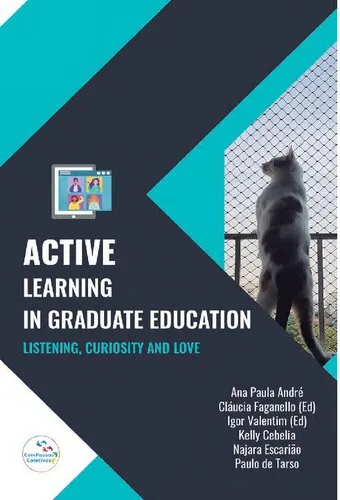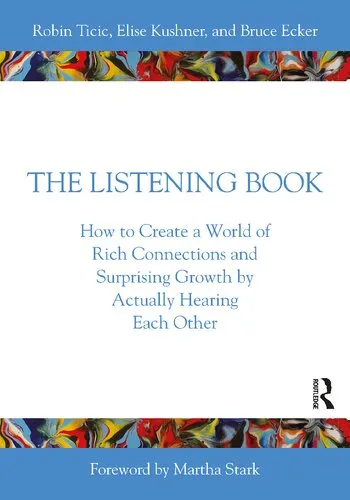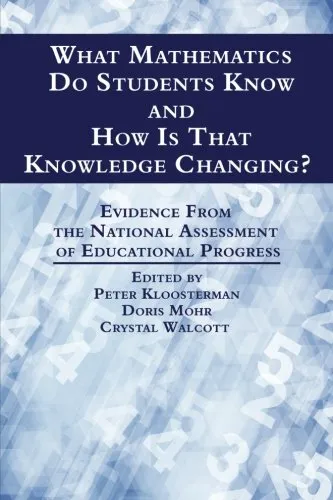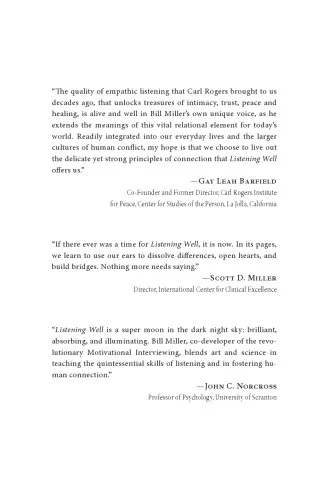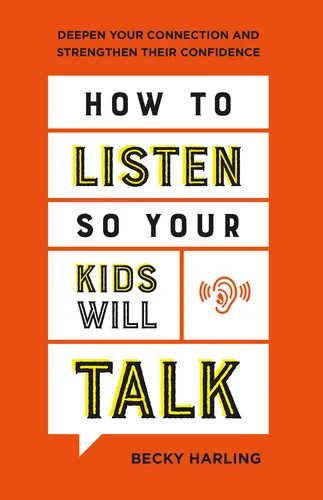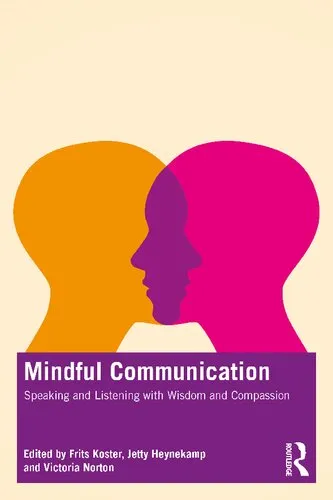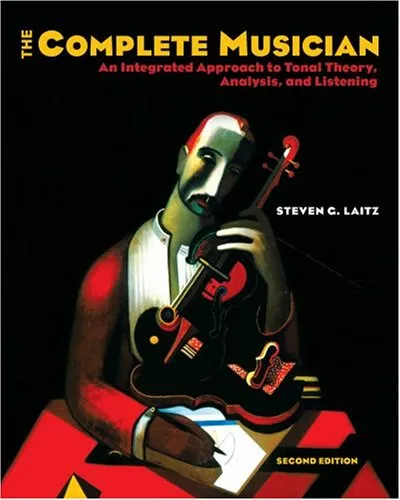Listening and Knowledge in Reformation Europe: Hearing, Speaking and Remembering in Calvin’s Geneva
4.0
بر اساس نظر کاربران

شما میتونید سوالاتتون در باره کتاب رو از هوش مصنوعیش بعد از ورود بپرسید
هر دانلود یا پرسش از هوش مصنوعی 2 امتیاز لازم دارد، برای بدست آوردن امتیاز رایگان، به صفحه ی راهنمای امتیازات سر بزنید و یک سری کار ارزشمند انجام بدینکتاب های مرتبط:
معرفی کتاب "Listening and Knowledge in Reformation Europe: Hearing, Speaking and Remembering in Calvin’s Geneva"
کتاب Listening and Knowledge in Reformation Europe: Hearing, Speaking and Remembering in Calvin’s Geneva توسط آنا کویکالووا تألیف شده و به بررسی نقش شنیدن، سخن گفتن و حافظه در شکلگیری دانش و هویت در ژنو دوره اصلاحات دینی میپردازد. از طریق این پژوهش، نویسنده نگاهی تازه به فرهنگ شنیداری و اهمیت آن در خلق و حفظ دانش در جامعهای که بر اساس تعالیم جان کالوین بنا شده بود، ارائه میدهد. در این کتاب، تعاملات میان فرهنگ مذهبی و تجربه شنیداری در فضایی تاریخی تجزیه و تحلیل میشود.
خلاصه کاملاً جزئی از کتاب
این کتاب در چند بخش کلیدی تنظیم شده است که در آن نویسنده تمرکز خود را بر تحلیل شنیدن به عنوان ابزاری برای انتقال معرفت و تعاملات اجتماعی در دوره اصلاحات پروتستان در ژنو قرار داده است. یکی از اهداف اصلی این اثر، نشان دادن این موضوع است که فرهنگ شنیداری چطور میتواند بر تفسیرهای مذهبی و سیاسی تاثیرگذار باشد. کویکالووا با استفاده از اسناد تاریخی، خطبهها و روشهای بینارشتهای نشان میدهد که ابزارهای انتقال دانش، مانند شنوایی، نقش پررنگتری از آنچه تصور میشود ایفا کردهاند.
در بخشهای ابتدایی، کتاب به بررسی اهمیت خطابههای مذهبی و نقش خطبه در انتقال آموزههای دینی میپردازد. سپس، مفاهیم چون memorization، استفاده از حافظه جمعی و فردی در حفظ تعالیم و الگوهای شنیداری نیز بررسی میشوند.
استفاده از مباحث تاریخی با یک لایه جامعهشناختی در این کتاب به مخاطب نشان میدهد که پروتستانها چگونه از خطابه، موسیقی و ابزارهای شنیداری برای تقویت ایمان و انتقال آموزهها بهره گرفتند؛ حرکتی که شامل اصلاحات در سیستم گفتاری کلیسا و ارائه مطالب در دسترستر برای جامعه میشود.
نکات کلیدی کتاب
- نقش اساسی ابزار شنوایی در انتقال تعالیم دینی و فرهنگی در ژنو کالوینیستی.
- تأثیر خطبههای مذهبی در شکلدهی ارتباطات اجتماعی و فهم جمعی از دین.
- بررسی ارتباط میان حافظه و شنیدن در زمینه تاریخی و مذهبی قرن شانزدهم.
- تحلیل تعامل میان فرد، جامعه و مناسک دینی در پرورش دانش جمعی.
جملات معروف از کتاب
"Listening is not merely a sensory activity; it is a profound cultural and intellectual exercise that shapes individual and collective identities."
"The Reformation made listening an act of spiritual discipline, transforming the ear into a gateway for divine truth."
چرا این کتاب اهمیت دارد؟
این کتاب به دلیل نگاهی اصیل و پژوهشی چندبعدی به نقش فرهنگ شنیداری و معناهای مختلف تجربه شنوایی در دوره اصلاحات، به ویژه در نظام کالوینی، مورد قدردانی قرار گرفته است. اهمیت اصلی آن در این است که پارادایم انتقال معرفت را از خواندن و نوشتن صرف به شنوایی گسترش میدهد و نشان میدهد که چگونه شنیدن نیز میتواند به همان اندازه حیاتی باشد.
این اثر برای دانشجویان تاریخ، مردمشناسی و مطالعات دینی ارزشمند است و بسترهای کاربردی برای درک بهتر تعاملات میان دین، جامعه و تکنولوژیهای فرهنگی گذشته فراهم میکند.
Introduction to "Listening and Knowledge in Reformation Europe: Hearing, Speaking and Remembering in Calvin’s Geneva"
The Protestant Reformation of the 16th century marked not only a theological transformation but also a profound shift in how individuals engaged with knowledge, communication, and authority. My book, Listening and Knowledge in Reformation Europe: Hearing, Speaking and Remembering in Calvin’s Geneva, delves into this transformative period, focusing on the auditory and oral practices that underpinned knowledge creation in one of the most significant centers of the Reformation: Calvin's Geneva. Through a multidisciplinary approach, it explores how listening, speaking, and collective memory played a vital role in fostering both individual piety and communal identity during this era.
In this book, I explore how the auditory dimension of human experience – the act of listening – shaped religious practice, social interactions, and the acquisition of knowledge in Reformation Europe. Preaching, hymns, oral discourse, and collective memory were not simply byproducts of religious change; they were active instruments of transformation. By focusing on Geneva under John Calvin’s leadership, I investigate how sound and speech served as channels for spiritual discipline, societal control, and theological education, forming a rich and often overlooked cultural landscape.
A Detailed Summary of the Book
Drawing on an array of historical, theological, and sociocultural sources, the book addresses how the Protestant Reformation altered ways of knowing and engaging with the divine. The analysis is centered on Calvinist Geneva, a city that became a hub of reform, particularly through its emphasis on sermons, catechesis, and psalm-singing. The scope of the book extends beyond text and theology, investigating the role of hearing as a sensory gateway to spiritual and communal life.
Throughout the chapters, I examine how auditory practices—listening to sermons, reciting prayers, singing in worship, and engaging in oral discussions—functioned as tools for shaping belief and behavior. By studying archival documents such as sermons, records of ecclesiastical disputes, and personal testimonies, I reconstruct the ways in which auditory engagement intersected with memory, identity, and social order. I also demonstrate how the act of collective remembering, through shared oral and musical traditions, forged a robust communal bond that helped sustain and spread Reformed faith across Europe.
The book does not merely present auditory practices as passive experiences but argues for their central role in developing a participatory model of religious life. In Calvinist Geneva, the careful calibration of what was heard—and how it was remembered—became a critical foundation for religious orthodoxy and civic harmony.
Key Takeaways
- Listening was not a passive act in Reformation Geneva; it was vital to the acquisition of religious knowledge and moral discipline.
- Auditory practices, such as preaching and singing, helped create a collective memory that reinforced communal and theological values.
- Oral traditions were instrumental in bridging the gap between individual understanding and collective belief systems.
- Reformation-era knowledge exchange extended far beyond the written word to include profound shared auditory experiences.
- By focusing on hearing and memory, the book highlights an often-overlooked sensory dimension in historical studies of the Reformation.
Famous Quotes from the Book
"Preaching was not a one-sided endeavor, but a dialogue mediated by the act of listening, where the audience shaped the effectiveness of the spoken word."
"The memory of what was heard—in the cadence of a sermon or the melody of a psalm—lingered long after, becoming a cornerstone for spiritual reflection and community cohesion."
"The ears, no less than the eyes, were tools of faith in Calvin's Geneva, attuned to absorb the word of God and resonate with its truths."
Why This Book Matters
Understanding the cultural and sensory worlds of the past is integral to grasping how people interpreted and internalized profound societal changes. This book addresses a critical gap in studies of the Protestant Reformation by emphasizing the significance of auditory practices in shaping religious and social life. Scholars and general readers alike will find in this work a fresh perspective on how knowledge was curated and disseminated in early modern Europe.
At its core, the book challenges the dominance of the visual and textual in historical scholarship, offering a compelling argument for the centrality of sound, memory, and oral interaction. By focusing on Calvin’s Geneva—a critical hub of reform—it provides a microcosm of how auditory practices played a pivotal role in creating new frameworks for understanding faith, community, and authority.
If you are interested in the intersection of religion, culture, and sensory history, Listening and Knowledge in Reformation Europe provides rich insights into a world where hearing was crucial to knowing.
دانلود رایگان مستقیم
شما میتونید سوالاتتون در باره کتاب رو از هوش مصنوعیش بعد از ورود بپرسید
دسترسی به کتابها از طریق پلتفرمهای قانونی و کتابخانههای عمومی نه تنها از حقوق نویسندگان و ناشران حمایت میکند، بلکه به پایداری فرهنگ کتابخوانی نیز کمک میرساند. پیش از دانلود، لحظهای به بررسی این گزینهها فکر کنید.
این کتاب رو در پلتفرم های دیگه ببینید
WorldCat به شما کمک میکنه تا کتاب ها رو در کتابخانه های سراسر دنیا پیدا کنید
امتیازها، نظرات تخصصی و صحبت ها درباره کتاب را در Goodreads ببینید
کتابهای کمیاب یا دست دوم را در AbeBooks پیدا کنید و بخرید
1224
بازدید4.0
امتیاز0
نظر98%
رضایتنظرات:
4.0
بر اساس 0 نظر کاربران
Questions & Answers
Ask questions about this book or help others by answering
No questions yet. Be the first to ask!
